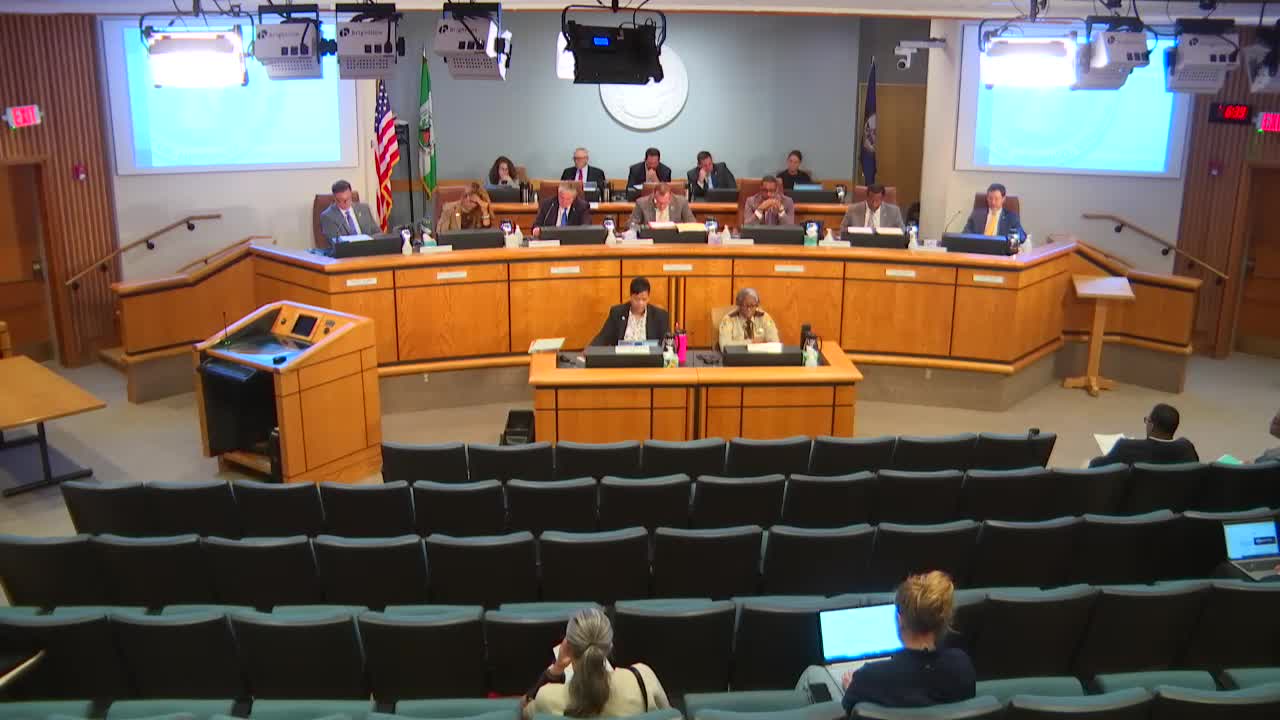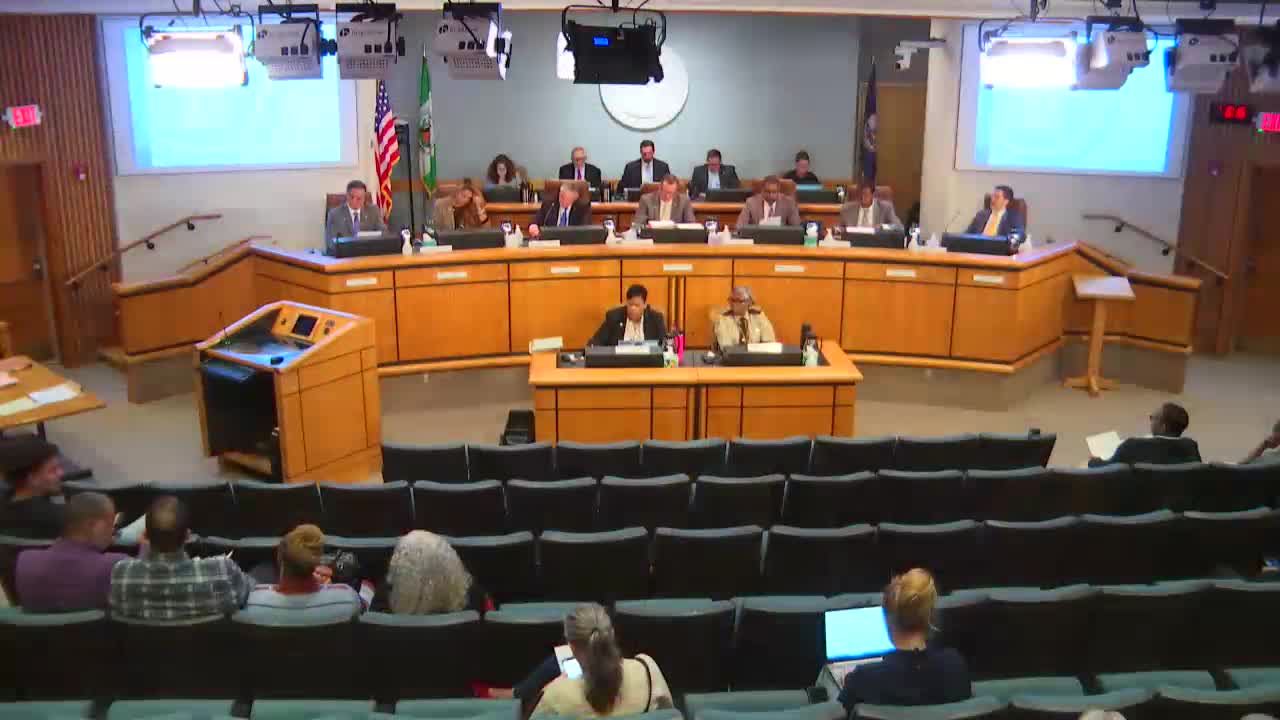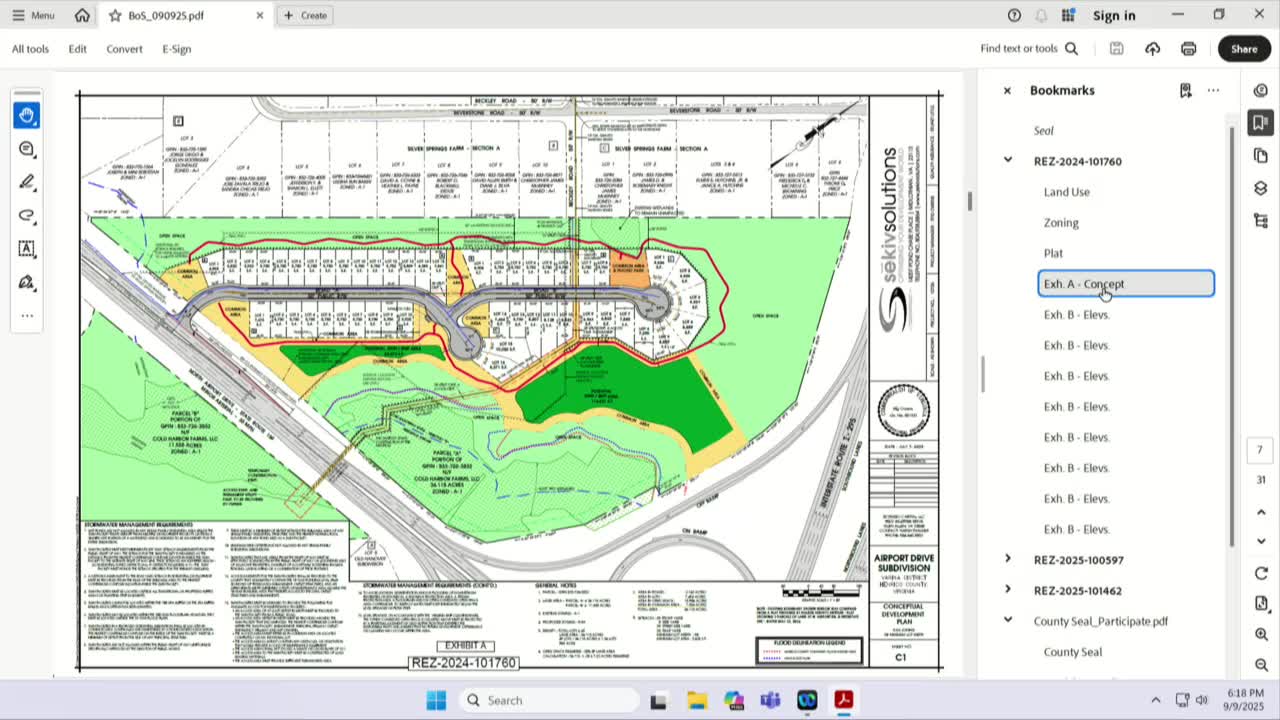Article not found
This article is no longer available. But don't worry—we've gathered other articles that discuss the same topic.

Residents press board on recovery housing, adjacent data center, sports facilities and water treatment at public comment

Votes at a glance: Board approves proffer amendment and contracts, defers one rezoning and denies another

